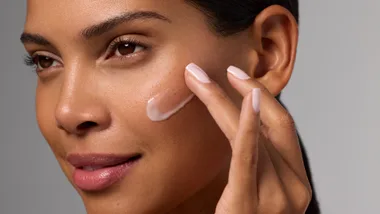In March this year, John Eligon, The New York Times National Correspondent, came to Australia for the first time to film a special documentary for Foreign Correspondent. While he’s used to reporting on issues of race in America, Eligon didn’t quite know what to expect when he landed in Kununurra in the Kimberley, Western Australia.
When I landed in Kununurra it was… hot. Stinking hot. I came from Sydney and as soon I got into town, I realised Kununurra was nothing like that at all. Unlike a cosmopolitan city, Kununurra is a very humble place. Despite the beauty, wealth and resources in the Kimberley, it’s still this very ordinary place that really doesn’t have a lot of excess or extravagance.
Walking down the main street, I saw a lot of people hanging out, which isn’t shocking to me because people hang out on the street in many US communities. But to see young kids smoking – that was definitely sad.
Indigenous suicide rates in Western Australian communities are among the worst in the world. It shocked me how normalised it’s become there. I met a young woman from Kununurra called Zeritta whose close cousin (whom she called a sister) committed suicide out of the blue. She wasn’t a particularly sad girl, but she had gotten into an argument with her family and, just like that, she killed herself. It’s so shocking to me that that’s the first option: you have a tough time with your family, so you go and kill yourself. That’s mind-blowing.
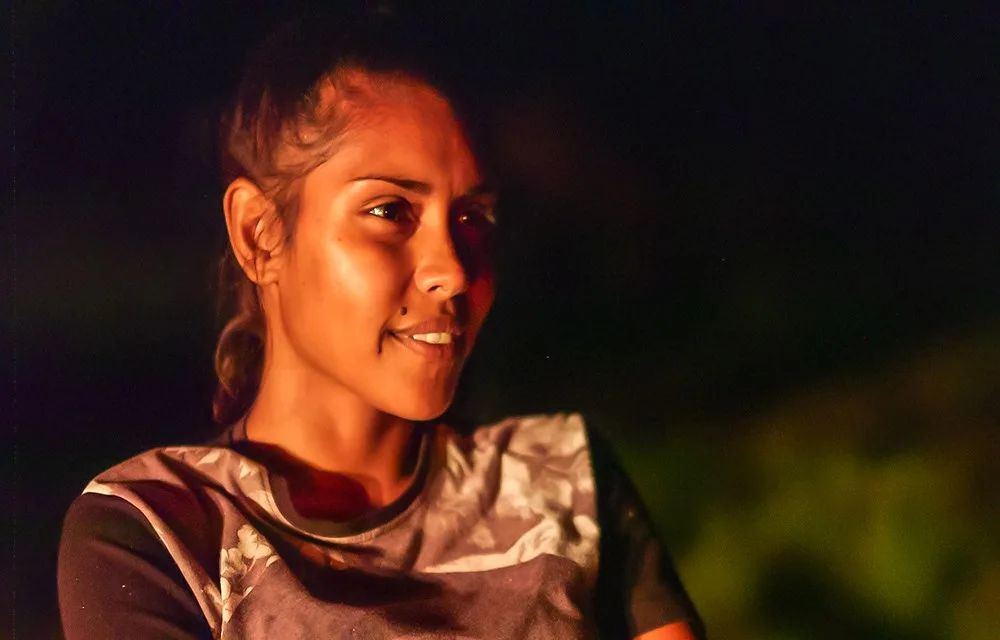
And that has a flow on effect. Zeritta had a great upbringing and a good education, but she started having suicidal thoughts because her cousin killed herself. That psychology becomes normalised and it’s very sad.
One of biggest issues facing Indigenous Australians is the way they’re viewed. When I came to Australia, I expected there to be problems, but the way Indigenous people seem to still not be trusted to take care of themselves surprised me. The state still feels like there’s a need to control them and oversee every little thing they’re doing. That, to me, was drastic and shocking.
I think the issue is with empowerment. If they mess up, they mess up. But they need to have that agency in life.
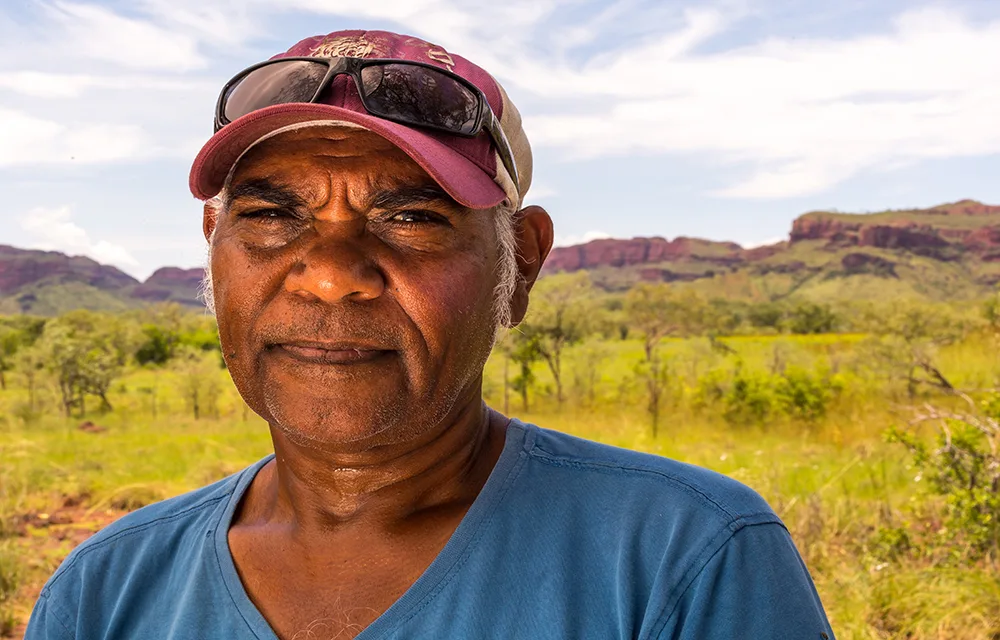
There are many similarities between the way people are marginalised in America and Australia. There’s a stereotype that these people are lazy and want to take the government’s money.
The conversation about race in the US is a very hard one to have, but I think it’s even harder in Australia. For one, Indigenous people are a smaller percent of the population. Also, I think Australians have a hard time coping with what happened when Australia massacred its first people and took their lands away from them.
I would hate to say that Australia could learn much from America in terms of race relations because America is far from perfect. One thing Australians could learn from Americans is how to confront the conversation head on. You need to be willing to argue about it. In America, most people don’t agree, but the mere fact that the argument is going on helps significantly. We need to allow that argument to happen because, at the very least, the discussion can make people think twice about things and force institutions to change.
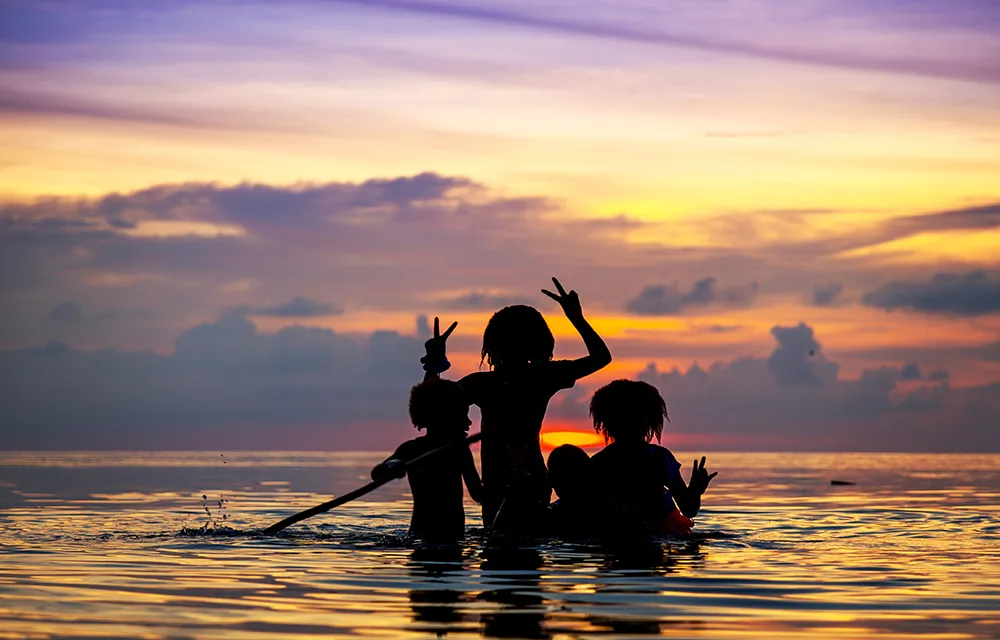
In America, there have been protests about police practice and now police departments are having to implement new policies on how they deal with people of colour – that was all because of pressure put on just by talking about it. Don’t be afraid to have a very hard discussion – and yell at each other – because you don’t know what type of change that can bring.
Foreign Correspondent airs tonight at 8:30pm on ABC and ABC iview.
If you or someone you know needs support, help can be found at Lifeline on 13 11 14 orBeyond Blue on 1300 224 636.
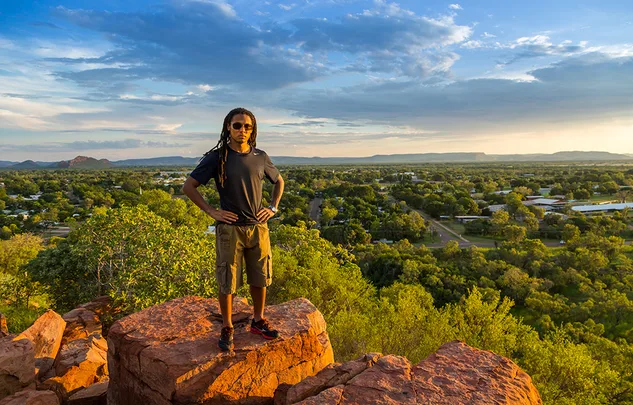 Greg Nelson
Greg Nelson
